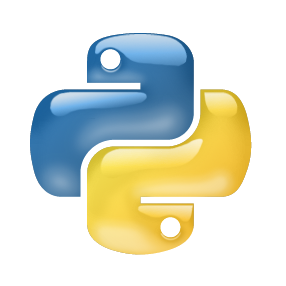Recent years have seen a rise in the popularity of quality diversity (QD) optimization, a branch of optimization that seeks to find a collection of diverse, high-performing solutions to a given problem. To grow further, we believe the QD community faces two challenges: developing a framework to represent the field's growing array of algorithms, and implementing that framework in software that supports a range of researchers and practitioners. To address these challenges, we have developed pyribs, a library built on a highly modular conceptual QD framework. By replacing components in the conceptual framework, and hence in pyribs, users can compose algorithms from across the QD literature; equally important, they can identify unexplored algorithm variations. Furthermore, pyribs makes this framework simple, flexible, and accessible, with a user-friendly API supported by extensive documentation and tutorials. This paper overviews the creation of pyribs, focusing on the conceptual framework that it implements and the design principles that have guided the library's development.
翻译:近年来,质量多样性优化(QD)的受欢迎程度有所提高。 质量多样性优化(QD)是一个优化分支,寻求为特定问题找到一系列多样、高绩效的解决方案。为了进一步发展,我们认为,QD社区面临两个挑战:制定一个框架来代表实地不断增长的各种算法,并在支持一系列研究人员和从业者的软件中实施这一框架。为了应对这些挑战,我们开发了书架,这是一个建立在高度模块化概念化的QD框架基础上的图书馆。用户可以通过替换概念框架中的构件,从而在书架中形成来自QD文献的算法;同样重要的是,他们可以识别未探索的算法变异。此外,书签使这个框架简单、灵活和易懂,并有一个方便用户使用的API,辅之以广泛的文件和辅导材料。本文概述了建立书架的情况,重点是它所执行的概念框架和指导图书馆发展的设计原则。</s>




